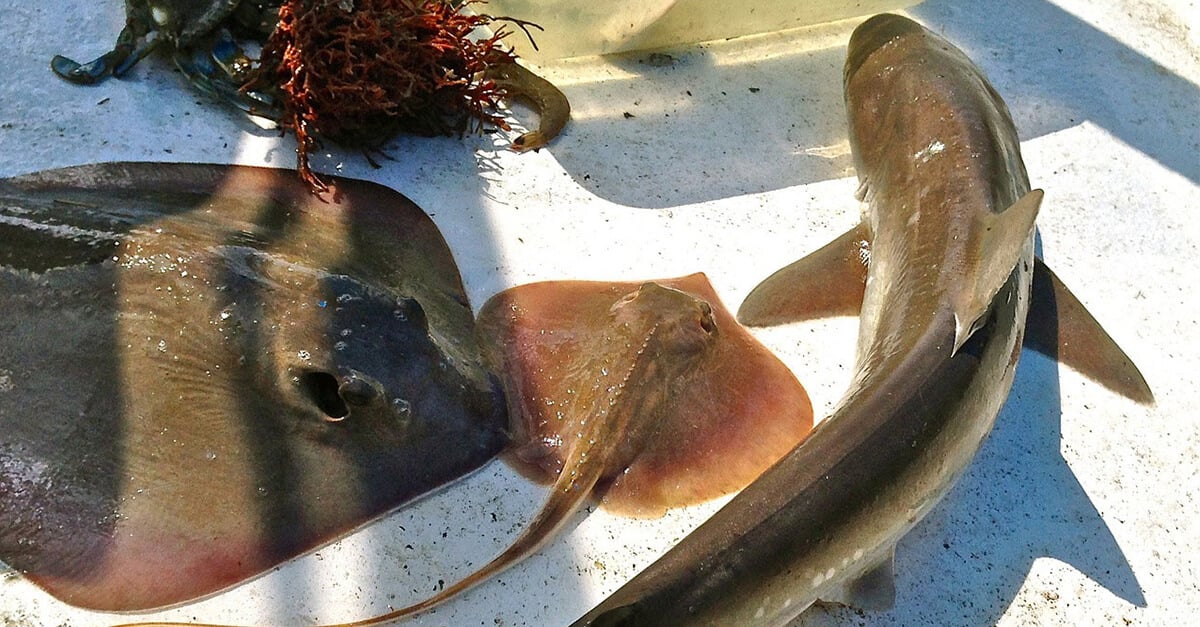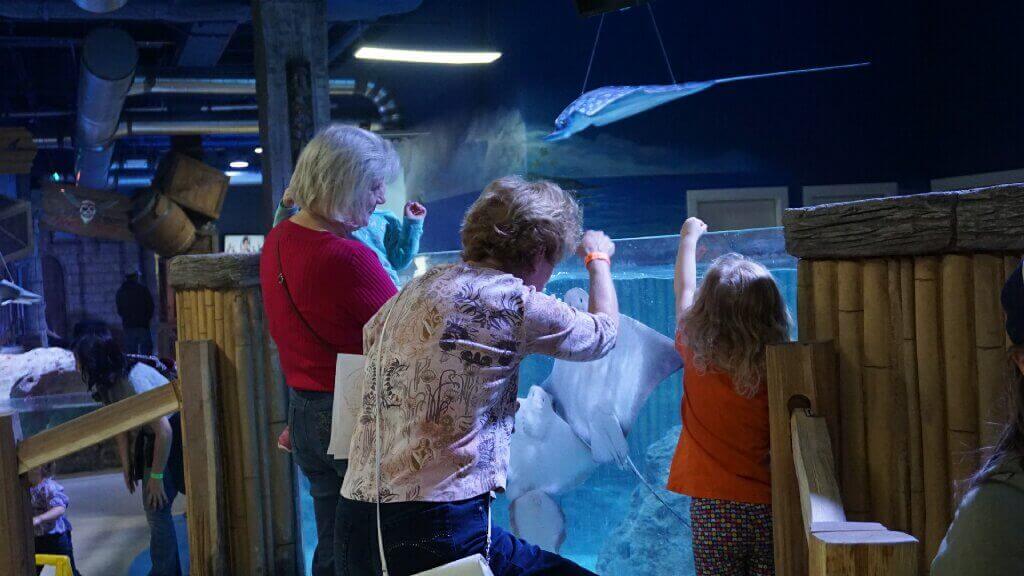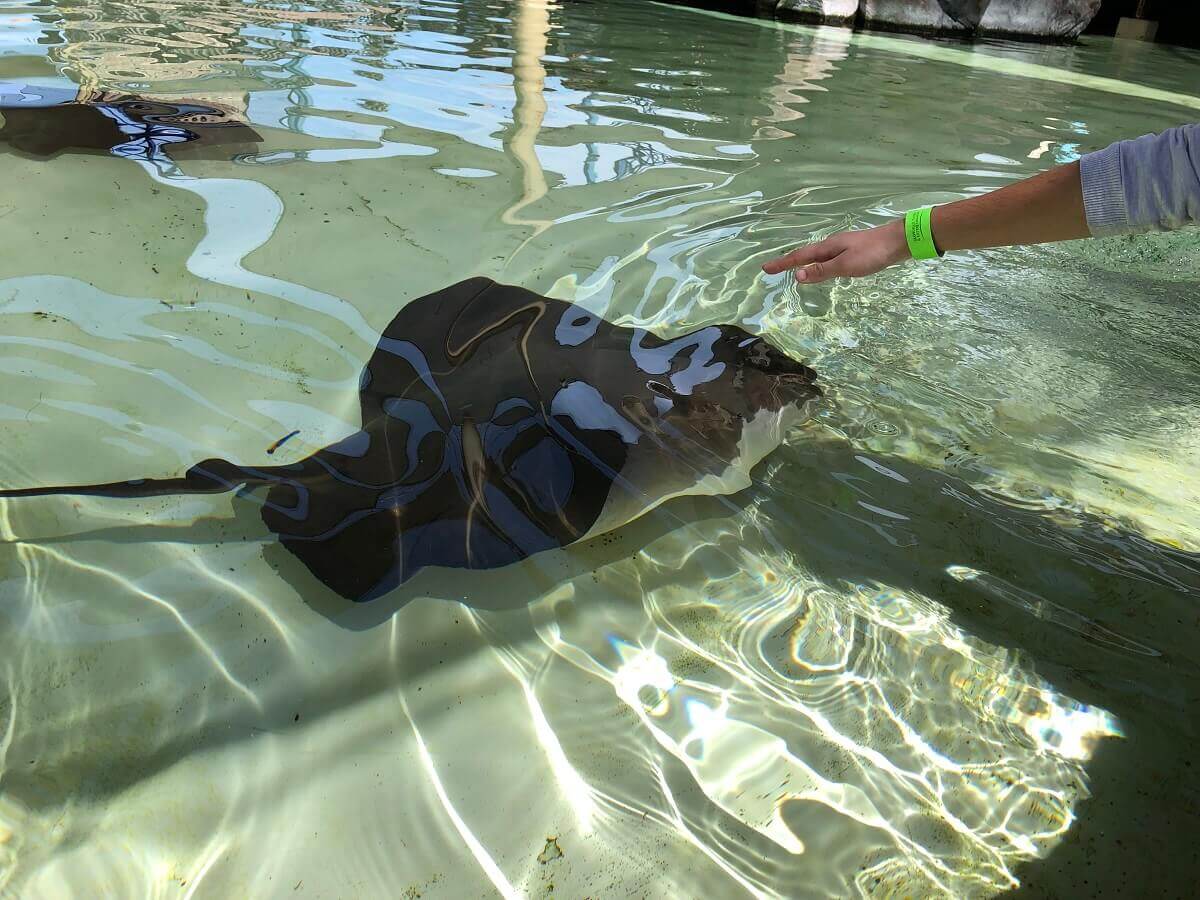Touch Tanks Teach the Wrong Lessons About Consent
It’s Saturday morning, and your kids are getting antsy. You’ve spent the last three weekends at your local park and can’t stand the thought of looking at the jungle gym for at least another week. A couple of your friends and their children are going to your local mall aquarium, which has a kids’ area—full of hands-on activities and touch tanks—where someone else engages your children while you sit back and enjoy the company of your friends. Sounds like a great place to go, right? But is it really?

Taking your children to places that hold animals in cramped tanks, such as shady aquariums and marine parks like SeaWorld, doesn’t teach them to appreciate animals—it just teaches them that humans can force animals to entertain us, and we know that’s not right. All animals—human and nonhuman alike—deserve to make their own choices and live as they please. No one deserves to be trapped in a tank for someone else’s entertainment.

The problem doesn’t end there—some disreputable aquariums and places like SeaWorld also have touch tanks that give visitors a close-up “encounter” with marine life. But have you ever stopped to consider what touch tanks are teaching your children? The animals in them—who have either been bred in tiny tanks or ripped out of their homes in the ocean—are forced to live in a much smaller area than they would if they lived in the wild, where they belong. They’re forced to endure a lifetime filled with long days spent being poked, prodded, and even hurt by humans—without their consent.

Most of us know that if we want to touch, hug, or otherwise get close to another human, we should ask the individual if it’s OK to do that. The concept of consent is something that’s taught—it’s not something that humans understand from birth, and touch tanks contradict what we teach our children about it. These exhibits don’t teach kids to ask for consent or to notice the obvious physical signals that others send when they don’t want to be touched—they teach them to take what they want without experiencing guilt or considering other individuals’ feelings and desires.
So the next time that you want to go anywhere but your neighborhood park, suggest a trip to a place that teaches children to respect all life, like a reputable sanctuary, a science center, or an animal-free museum instead.





Under 13? Ask your parents bee-fore you continue!